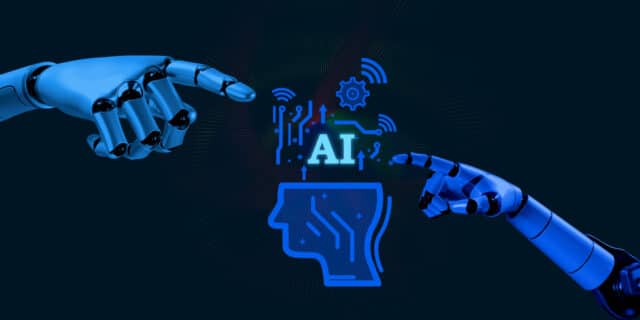
A new survey reveals that 73% of life sciences companies are turning to artificial intelligence to fill the cybersecurity skills gap.
The report of Code42 shows that the life sciences sector is at the forefront of the use of artificial intelligence, with AI tools providing new opportunities for cybersecurity teams to enable automated detection and response, as well as freeing up resources to focus on strategic tasks.
The study found that 78% of organizations report an increase in the time spent investigating data incidents year over year. 83% of cybersecurity leaders are turning to AI, and 92% to GenAI in particular, to help them automate detection and response so they can focus on higher-level, strategic tasks.
The use of AI is not without its problems, however: 86% of cybersecurity leaders admitted that using AI tools puts their company at risk of data exfiltration.
“Life sciences cybersecurity teams are walking a tightrope with AI,” said Joe Payne, President and CEO of Code42. “AI is a powerful ally in combating skills shortages and rising insider threats, while opening new avenues for innovation. However, as quickly as teams adopt this new technology, they must be equally quick to put in place safeguards to protect intellectual property. By adopting tools and programs to secure the use of AI tools, life sciences teams can take advantage of cutting-edge technology while ensuring their data is not exposed by tools like ChatGPT.”
Other findings include that 50% of data loss incidents are malicious, with risk severity evenly split between low, medium, and high. Daily data security training increased from 11% in 2021 to 27% in 2024, and 97% of life sciences organizations believe their data security training programs need improvement, with 48% calling for a complete overhaul.
You can get the full report from the Code42 website.
Image credit: saojung9194/depositphotos.com


